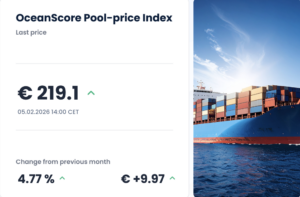Simplify EU ETS & FuelEU Compliance with OceanScore
Efficiency. Transparency. Smarter Decisions: All in One Platform.
OceanScore streamlines workflows, automates processes, and facilitates commercial decisions, helping ship owners and managers turn compliance into commercial success.
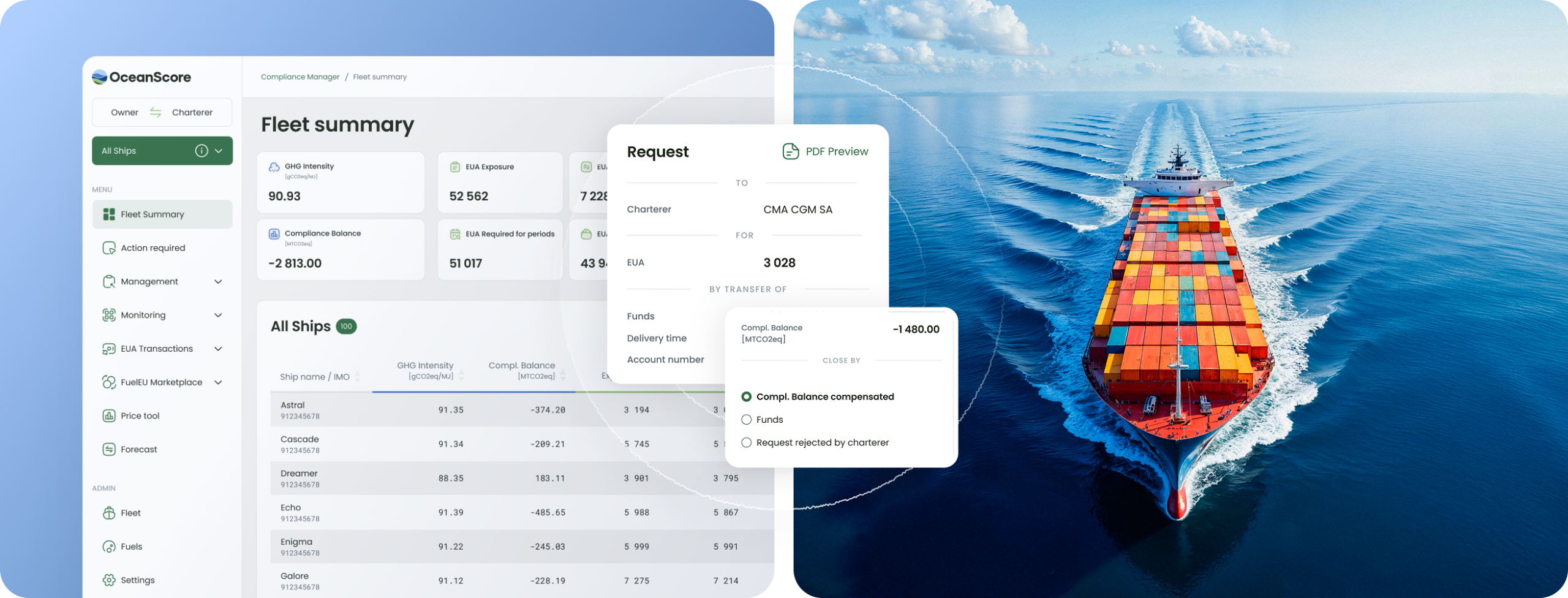
Turning Maritime Compliance Into Commercial Success


All maritime emission regulations covered: EU ETS, FuelEU, and future frameworks. Gain full transparency on emissions, charterer vs. owner vs. manager obligations, and open positions to manage risk effectively.


Dedicated workflows and automated invoicing: streamline compliance tasks to maximize efficiency, reduce errors, ensure nothing is overlooked, save time, and minimize disputes.


Reliable data and structured processes: Accurate emissions data, clear commercial responsibilities, and automated calculations to support sound operational and commercial decisions across EU ETS, FuelEU, and future frameworks.
Explore Our Solutions to Manage the Commercial Side of Emissions Regulations
From tracking and invoicing to pooling and forecasting, OceanScore equips you with the solutions to manage EU ETS and FuelEU compliance efficiently. Available as standalone modules or fully integrated
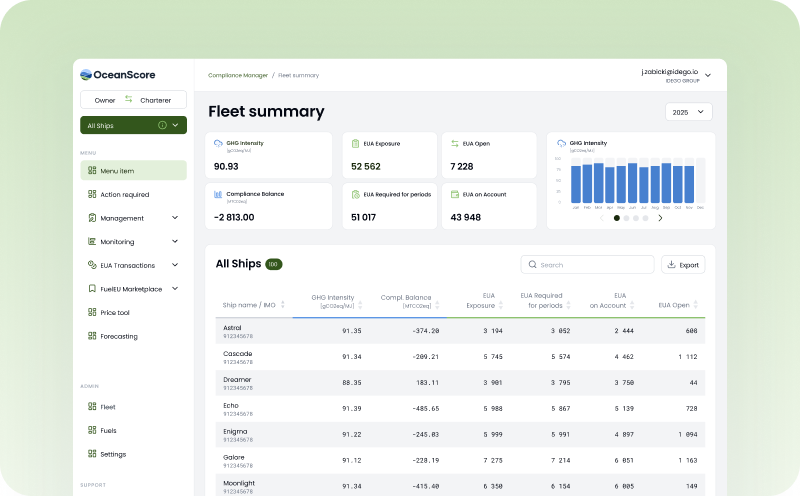
Compliance Manager
Automate EU ETS & FuelEU commercial processes, gain full transparency to manage risk, and leverage advanced forecasting tools to make smarter decisions.
Learn More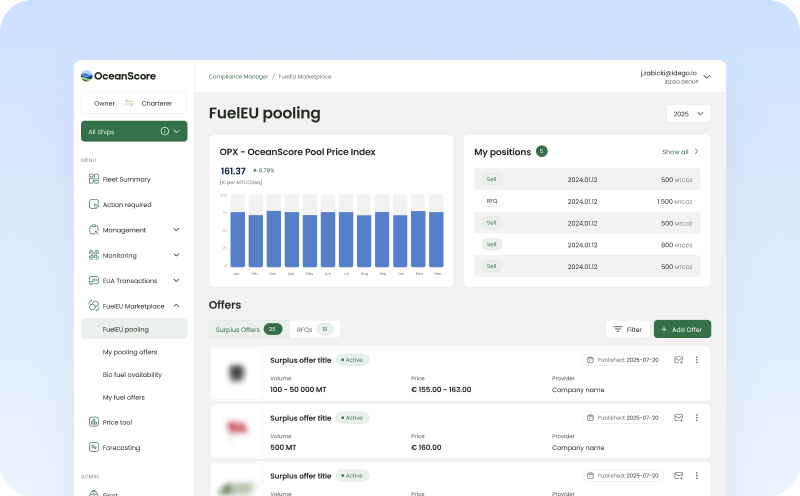
FuelEU Pooling Marketplace
Access the most cost-efficient FuelEU Maritime compliance options and trade surplus through a transparent marketplace.
Learn More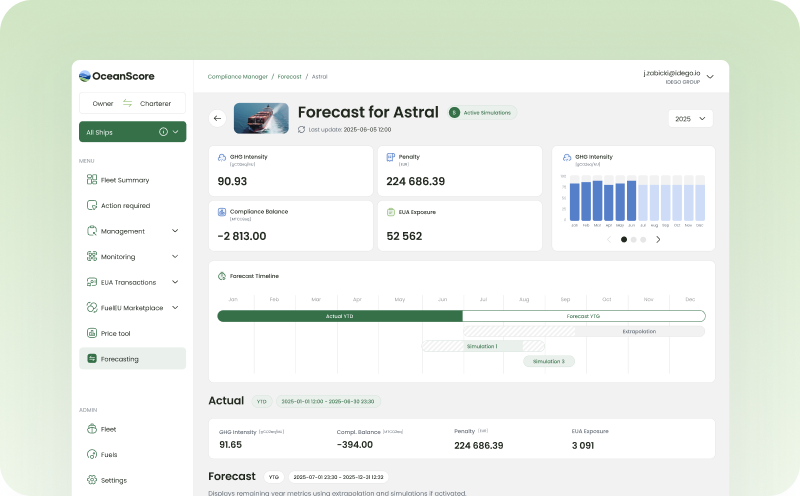
Compliance Forecaster
Advanced forecasting for full-year overview, as well as voyage and charter party planning- vessel by vessel, fleet by fleet, pool by pool.
Learn MoreThe Regulations We Facilitate
OceanScore supports the maritime industry and its stakeholders with solutions to simplify EU ETS, UK ETS, IMO NZF, and FuelEU – turning complex regulatory requirements into transparent, manageable processes.

EU ETS
Since 2024, the EU ETS covers maritime transport. Owners are responsible, but may delegate compliance to the DoC holder. A mandatory polluter pays principle applies: companies must monitor, report, and surrender EUAs for verified CO₂ emissions.
More About EU ETS Regulation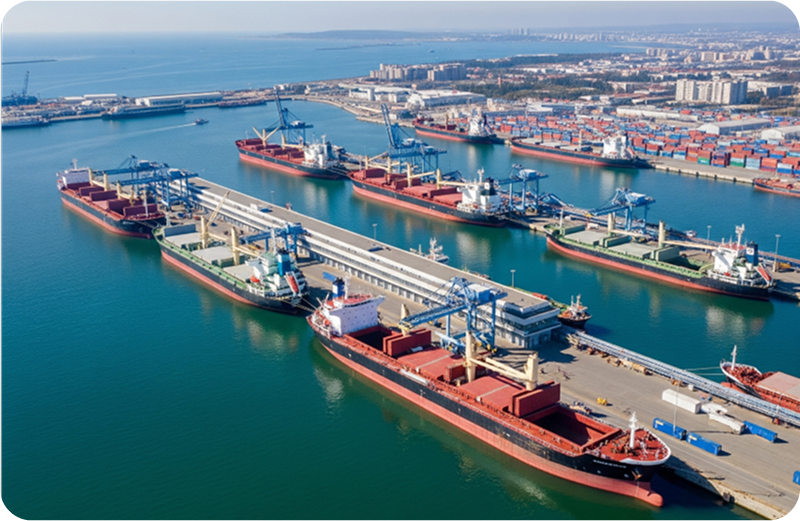
FuelEU Maritime
From January 2025, ships at EU ports must meet new GHG intensity targets. The DoC holder is responsible, with no mandatory polluter pays principle, shifting the burden to commercial agreements.
More About FuelEU Regulation
UK ETS
The UK Emissions Trading Scheme (UK ETS) will include maritime from 1 July 2026, initially covering intra-UK voyages and port stays in UK ports.
More About UK ETS RegulationAbout Oceanscore
- Over 2,400 vessels rely on OceanScore to manage EU ETS and FuelEU compliance with confidence.
- Our clients range from the world’s largest fleets to small and mid-sized owners and managers.
- Trusted by leading players across segments, our solutions are integrated with verified data from partners like DNV, StormGeo, Swiss Climate, and Lloyd’s Register, ensuring accuracy and reliability.
- With dedicated teams in Germany, Greece, Portugal, Singapore, Japan and Poland, we support clients globally.
With OceanScore, maritime emissions compliance turns into a commercial success.

Integrated with Leading Verifiers and Reporting Solutions
We partner with your data verifier or reporting solution to ensure your EU ETS and FuelEU compliance data flows seamlessly, safely and with assured quality into our platform. OceanScore provides a one-stop shop for emissions compliance, saving time, reducing errors, and building trust through verified data.
What Our Customers Say About OceanScore







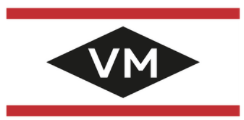

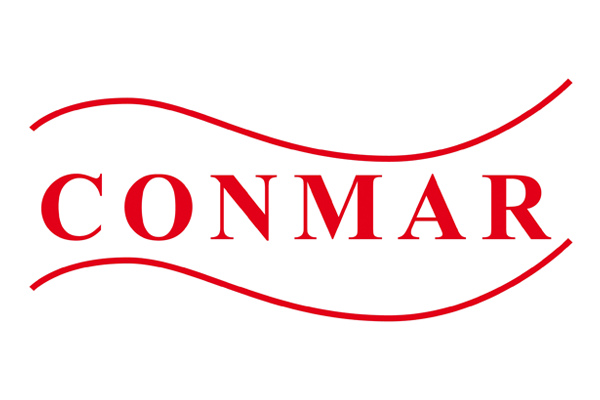








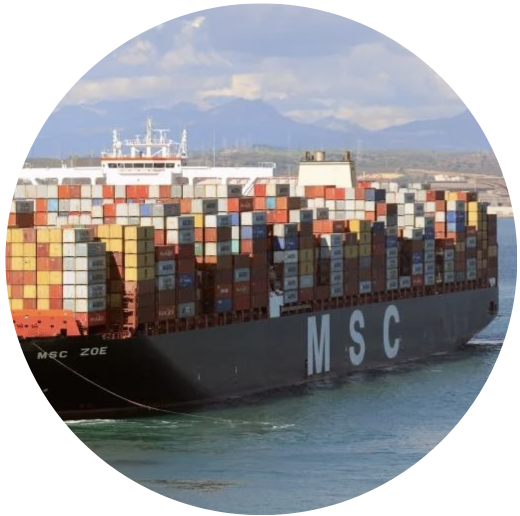



Maritime Compliance Insights & Industry News
Stay informed on maritime emissions compliance. Our articles cover EU ETS, FuelEU, and other global emissions regulations schemes to help shipowners, managers, and operators turn compliance into a competitive edge.
We provide practical guidance and market updates, enabling you to stay compliant, plan with confidence, and make informed commercial decisions.
- Insights
- News
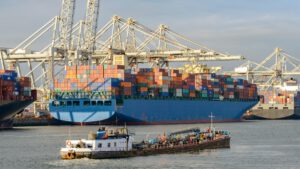
FuelEU Pooling in 2026: From Commercial Agreement to Verified Compliance Process
FuelEU pooling in 2026 is no longer just a commercial agreement. Surplus transfers must be formally reported, approved by all…
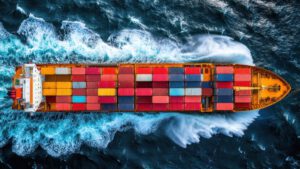
FuelEU Maritime Forecasting: Managing Compliance Exposure Before It Becomes a Cost
FuelEU Maritime exposure develops continuously throughout the year. This article explains how compliance forecasting helps shipping companies manage cost, risk,…
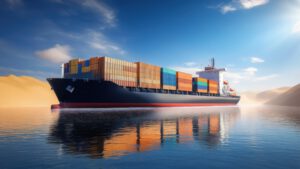
EU ETS and FuelEU Compliance: The Hidden Risk of Manual Invoicing
Manual invoicing under EU ETS and FuelEU Maritime can quietly block cost recovery. See how one Greek owner-manager safeguarded €2–3…

OceanScore Reaches $5M Annual Recurring Revenue Milestone
OceanScore, a provider of commercial compliance solutions for maritime emissions regulations, has reached $5 million in annual recurring revenue (ARR).
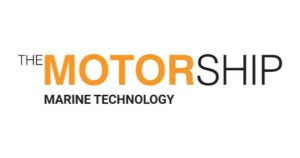
OceanScore Appointed Administrator of the Environmental Ship Index (ESI)
OceanScore has been mandated as the administrator of the Environmental Ship Index (ESI) with effect from 1 January 2026, assuming…

OceanScore opens Japan office to strengthen regional support for EU ETS and FuelEU compliance
OceanScore has announced the opening of its Japan office, representing the next step in strengthening its presence in the Asia-Pacific…
Workshops & Events
Join our upcoming workshops on maritime compliance in Europe and Asia

Compliance Made Easy
Discover how OceanScore can help you turn maritime compliance into competitive edge, and make better commercial decisions. Schedule a 15-minute call with our team today to get all your questions answered and explore new opportunities.





















